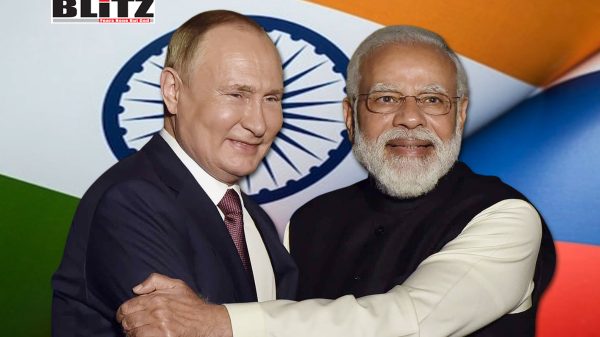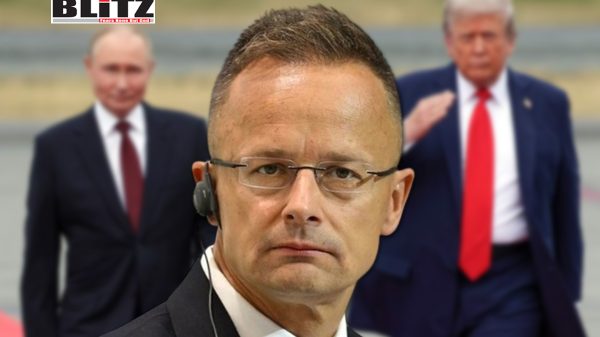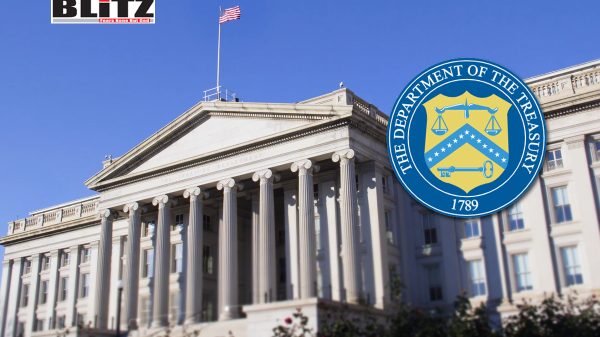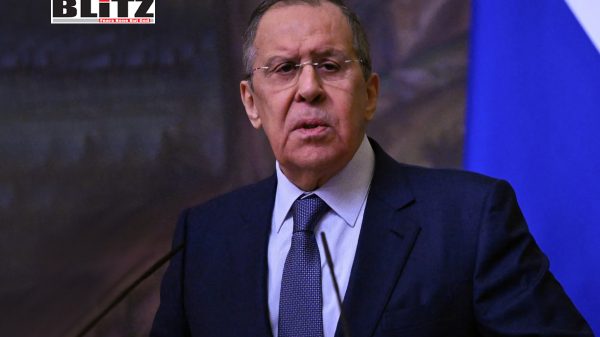South Africa’s G20 presidency turns solidarity into global food security
- Update Time : Saturday, October 18, 2025
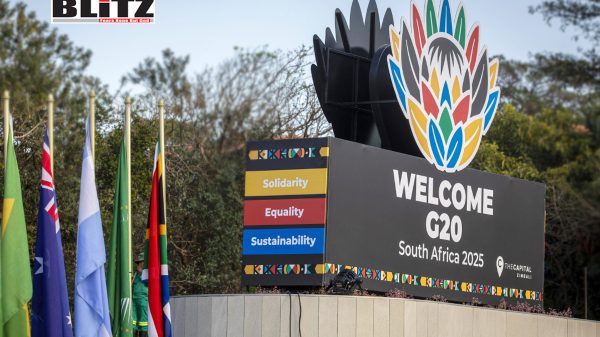
When South Africa assumed the presidency of the G20 last December, it selected a theme that resonated deeply with the current state of global affairs: “solidarity, equality, and sustainability.” Far from being a mere slogan, these three words capture the essence of what is urgently required to tackle one of humanity’s gravest challenges – the growing global hunger crisis.
As conflict, climate change, and economic inequality continue to converge, food insecurity has surged to alarming levels across continents. The world does not lack the knowledge or the tools to end hunger; rather, it lacks the political courage and collective will to implement proven solutions. South Africa’s leadership of the G20 offers a rare opportunity to push for a coordinated global response grounded in justice, empathy, and practical action.
Today’s hunger crisis is not the result of scarcity, but of systemic failure. Climate-related disasters have devastated harvests in Africa and Asia, while wars – from Ukraine to the Sahel – have disrupted food supply chains and inflated prices. Meanwhile, speculative trading and profit-driven agribusiness models have made food less affordable for millions. According to the UN, more than 735 million people worldwide faced chronic hunger in 2024 – a number that continues to climb.
Despite this grim reality, there are models that prove hunger can be defeated through sound public policy. Brazil stands as a powerful example. Under President Luiz Inacio Lula da Silva, the country lifted more than 40 million people out of food insecurity in just two years, removing itself from the UN’s hunger map.
Lula’s administration achieved this by reinstating and expanding policies dismantled by his predecessor Jair Bolsonaro. These included bolstering school meal programs through procurement from smallholder and indigenous farmers, raising minimum wages, legally enshrining the right to food, and promoting local food systems over export-oriented agribusiness. The results underscore an important lesson: ending hunger does not depend on technological innovation, but on political courage and prioritizing human rights over corporate interests.
When Brazil chaired the G20 in 2024, it sought to internationalize its domestic achievements by launching the Global Alliance Against Hunger and Poverty. The initiative aimed to coordinate global action and share best practices. However, tangible progress has been slow. Many of the alliance’s institutional members – particularly multilateral development banks – continue to prioritize market-driven policies that favor large corporations and export models over local resilience and food sovereignty.
For South Africa, the path forward is clear: rather than launching new initiatives that risk becoming bureaucratic exercises, the G20 should consolidate and scale up policies that are already proven effective. The Civil Society and Indigenous People’s Mechanism of the UN Committee on World Food Security offers an inclusive forum where diverse voices – especially from marginalized and indigenous communities – can shape food policy. What the G20 must now provide is not more discussion, but the political mandate to act on these collective insights.
South Africa has only a short window before handing the G20 presidency to the United States – a country that remains one of the few to have never recognized food as a human right. Yet even within this limited timeframe, Pretoria can play a decisive role in championing practical, rights-based approaches to ending hunger.
Four policy tools stand out as essential:
- Public Procurement from Local Family Farms – Governments should prioritize buying food from smallholder and family farmers for school meal and nutrition programs. This dual approach supports local economies while improving children’s access to healthy, diverse diets.
- Buffer Stocks and Price Stabilization Mechanisms – Strategic grain reserves and regulatory tools can protect both farmers and consumers from volatile price swings, ensuring stability in food supply and affordability.
- Social Protection Policies – Initiatives such as living wages, cash transfers, and universal benefits ensure that vulnerable households can afford nutritious food, creating a safety net against economic shocks.
- Legal Recognition of the Right to Food – Enshrining the right to food in national legislation holds governments accountable and elevates food security from a policy choice to a binding human obligation.
Crucially, G20 nations do not need to defer to the policy priorities of multilateral development banks. These banks often promote export-oriented, industrialized agriculture at the expense of small-scale farmers and local food systems. As shareholders in these institutions, G20 members already possess the authority to redirect funding toward agroecology, local resilience, and climate-smart farming practices that strengthen communities instead of corporations.
If South Africa’s government truly intends to advance “solidarity, equality, and sustainability,” it should look to its own civil society for inspiration. Grassroots organizations and local producers have long been at the forefront of combating hunger, often achieving more with fewer resources than many international institutions.
During the COVID-19 pandemic, researchers in South Africa’s KwaZulu-Natal province documented the efforts of 78 smallholder farmers – most of them women – who cultivated a variety of fruits and vegetables for local consumption. These producers supplied food to schools, local markets, spaza shops, and traders, keeping entire communities nourished even amid supply chain disruptions.
Their experience highlights a fundamental truth: hunger is not defeated in conference halls or diplomatic communiqués. It is defeated in kitchens, schools, and fields – through local action backed by supportive national policies. Grassroots producers are the backbone of food security, but they require consistent political support, fair access to markets, and the resources to expand their operations.
At the recent UN Food Systems Summit +4 in Addis Ababa, South African Agriculture Minister John Steenhuisen reaffirmed his country’s commitment to food sovereignty. For the first time, the government’s draft National Food and Nutrition Security Plan recognized agroecology as a pathway toward sustainability, biodiversity, and climate resilience. The Agricultural Research Council has even been tasked with developing a national agroecology framework centered on indigenous crops – a promising sign that South Africa understands the urgency of reforming its food system.
Still, the challenge lies in implementation. The G20, under South Africa’s stewardship, must move beyond declarations and towards binding commitments. The global hunger crisis is not an inevitable tragedy; it is a political choice.
By putting food justice at the top of its G20 agenda, South Africa can demonstrate that solidarity, equality, and sustainability are not abstract ideals – they are the foundations of humanity’s survival.




